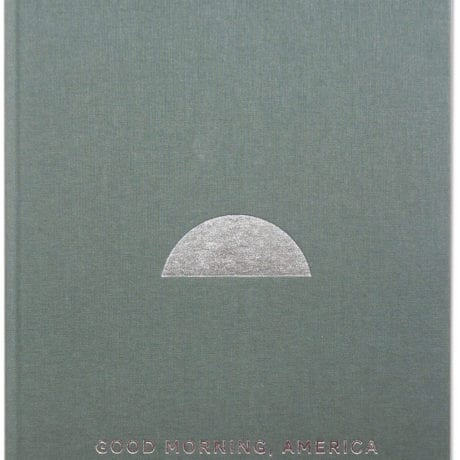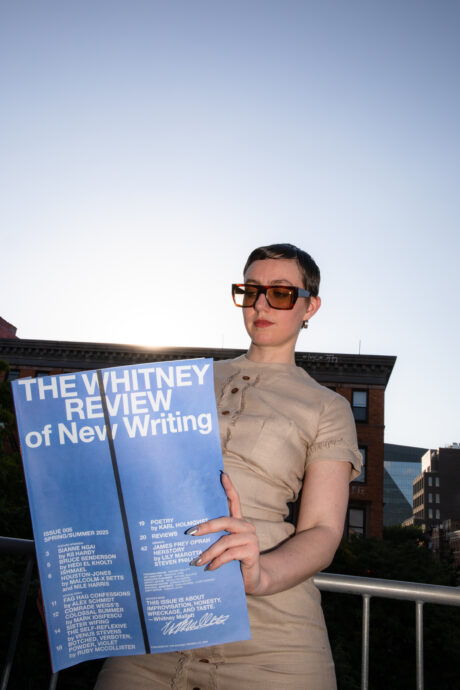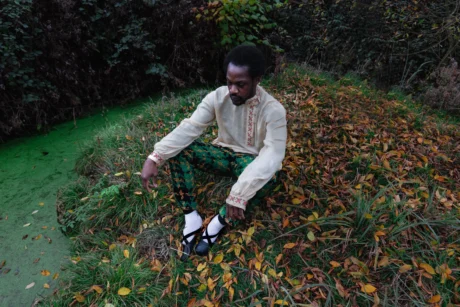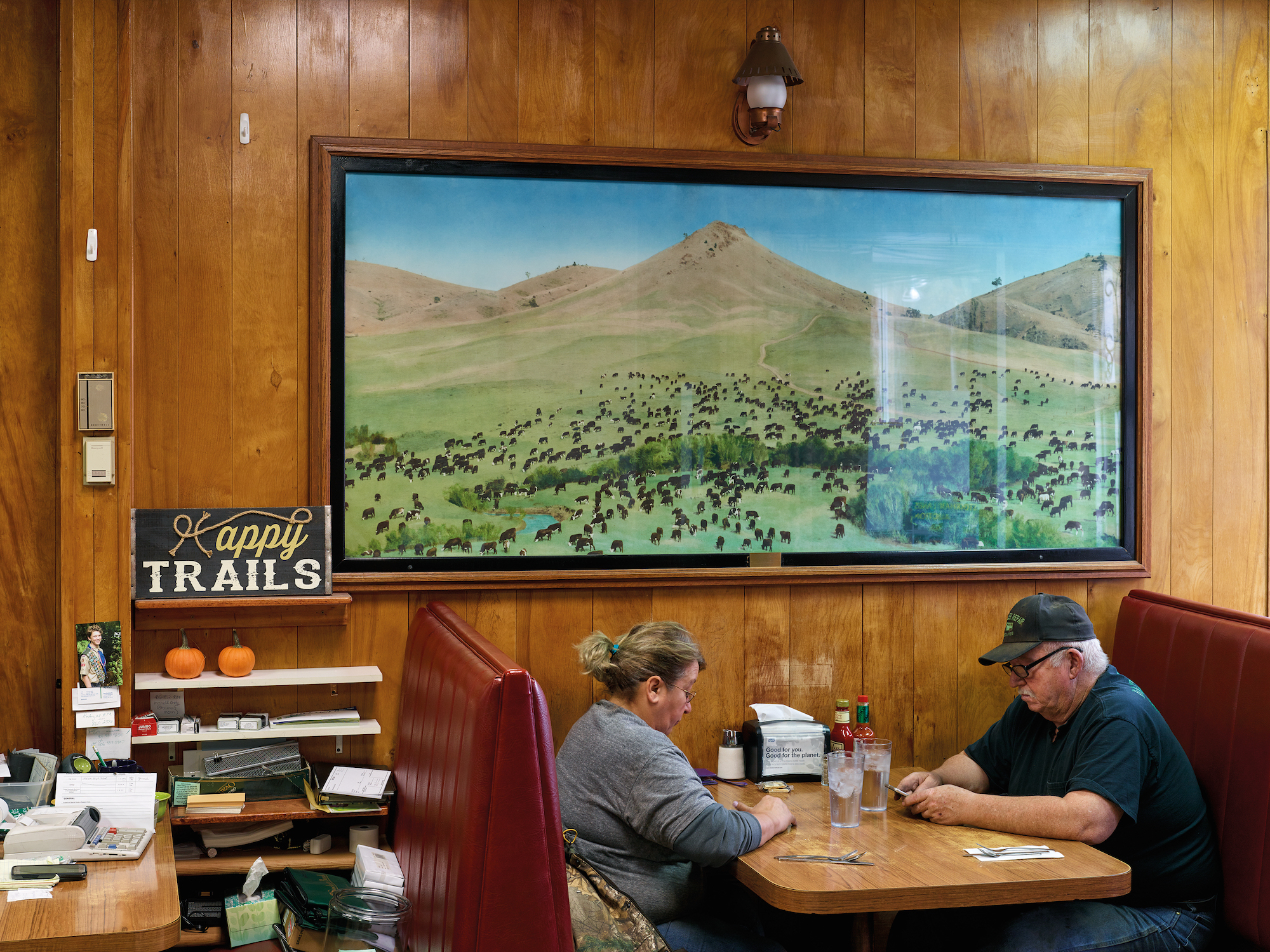
The idea of the big American road trip—and indeed, the American Dream—today feels like a relic of the past, an idealized vision of a vast country that’s now in a political and social quagmire, helmed by a lunatic. But that’s not to say, of course, that there isn’t still beauty there. America’s landscapes can feel so familiar as to be unremarkable thanks to the likes of Hollywood cinema and the country’s vast cultural output, but so much of it is still unknown to us, which is where the work of photographer Mark Power comes in.
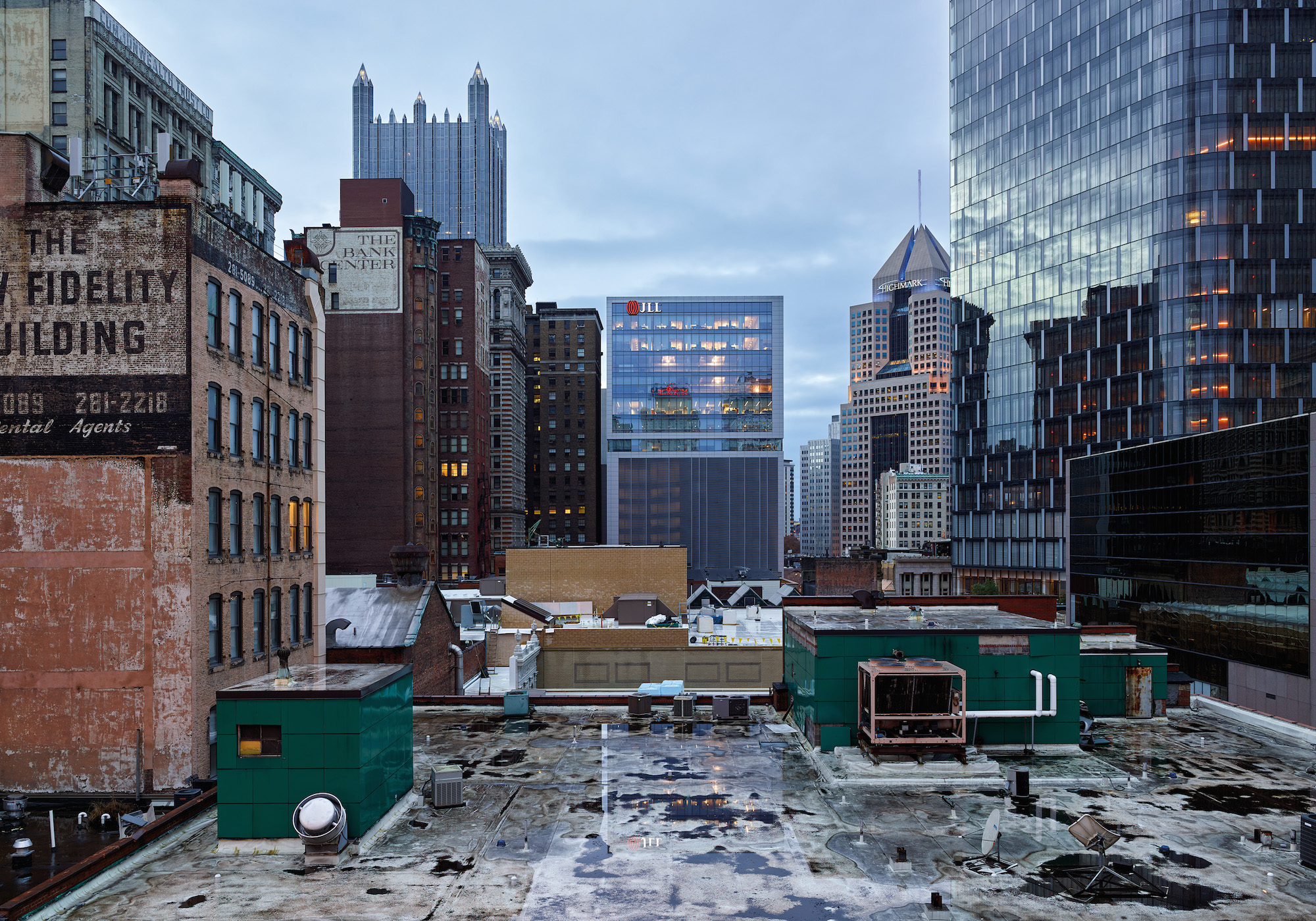
His new book, Good Morning America (Volume II) is the second in what will eventually be a series of five books created over a decade documenting a huge country undergoing rapid change. Based in Brighton, Power, who initially studied painting before turning to photography, aims his series to be at once a personal and a universal depiction of the US. The project was born, according to the book’s publisher Gost, as Power subconsciously began searching for the “mythical landscape—one which perhaps never existed at all” of America. Such myth was transmitted to him via television, growing up in 1960s English suburbia, transfixed by American television and Westerns.
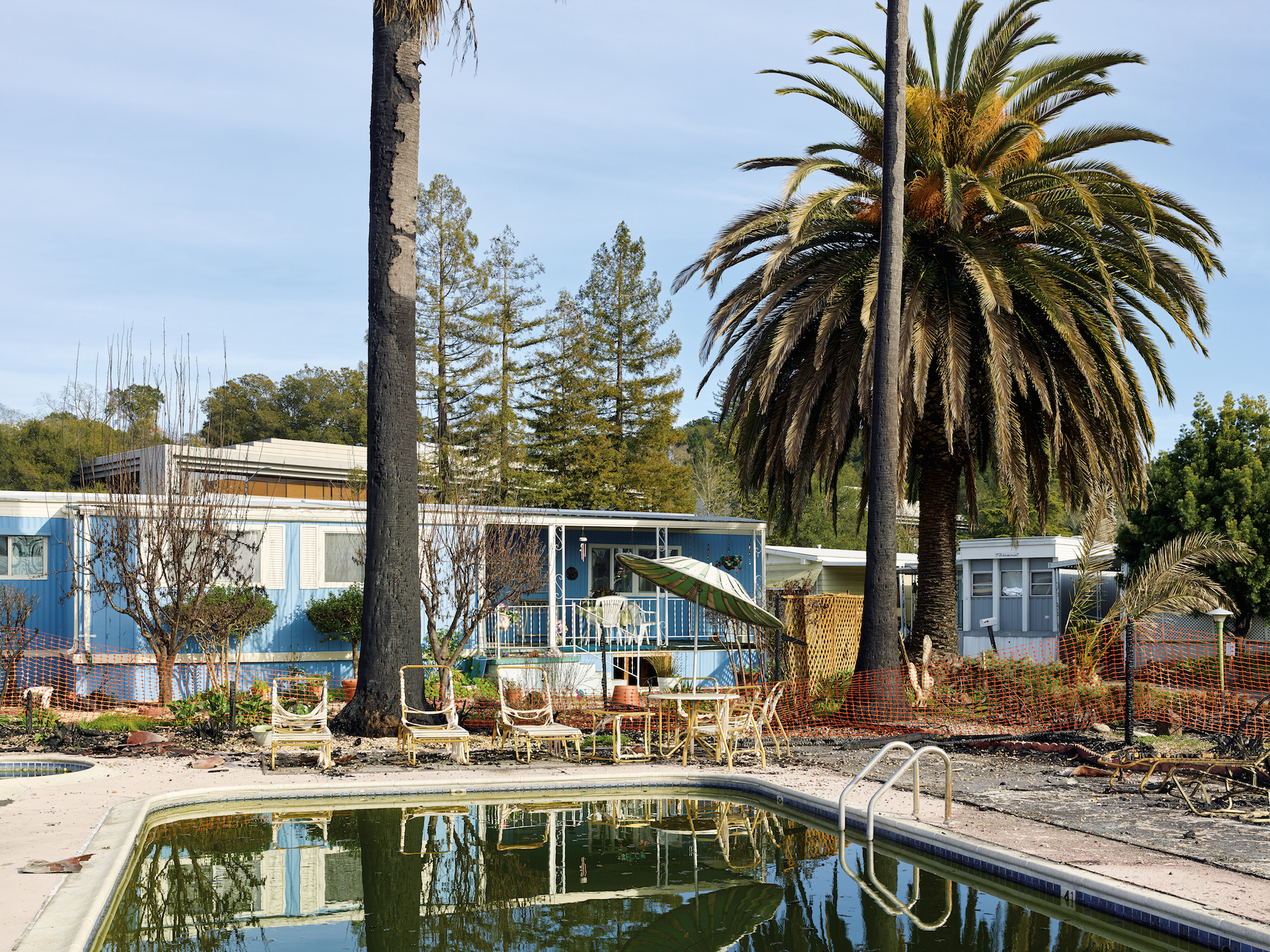
As such, his imagery is both a journey in a physical sense and a more nebulous, internal one: can what we imagine to be real ever truly exist? Are the myths of our mental landscapes any less valid than the real landscapes we can see, photograph and print?
This second volume showcases photographs taken mostly in rural locations dominated by the farming industry, and saw Powers traverse from the Great Plains of the Dakotas and Montana to the snowy terrains of the Pacific Northwest, as well as California’s Mexican border and the “Rust Belt” region in the northern US—named as such since its steel production and heavy industry waned and the area was effectively left to “rust”.
“America continues to enthral and frustrate me in equal measure”
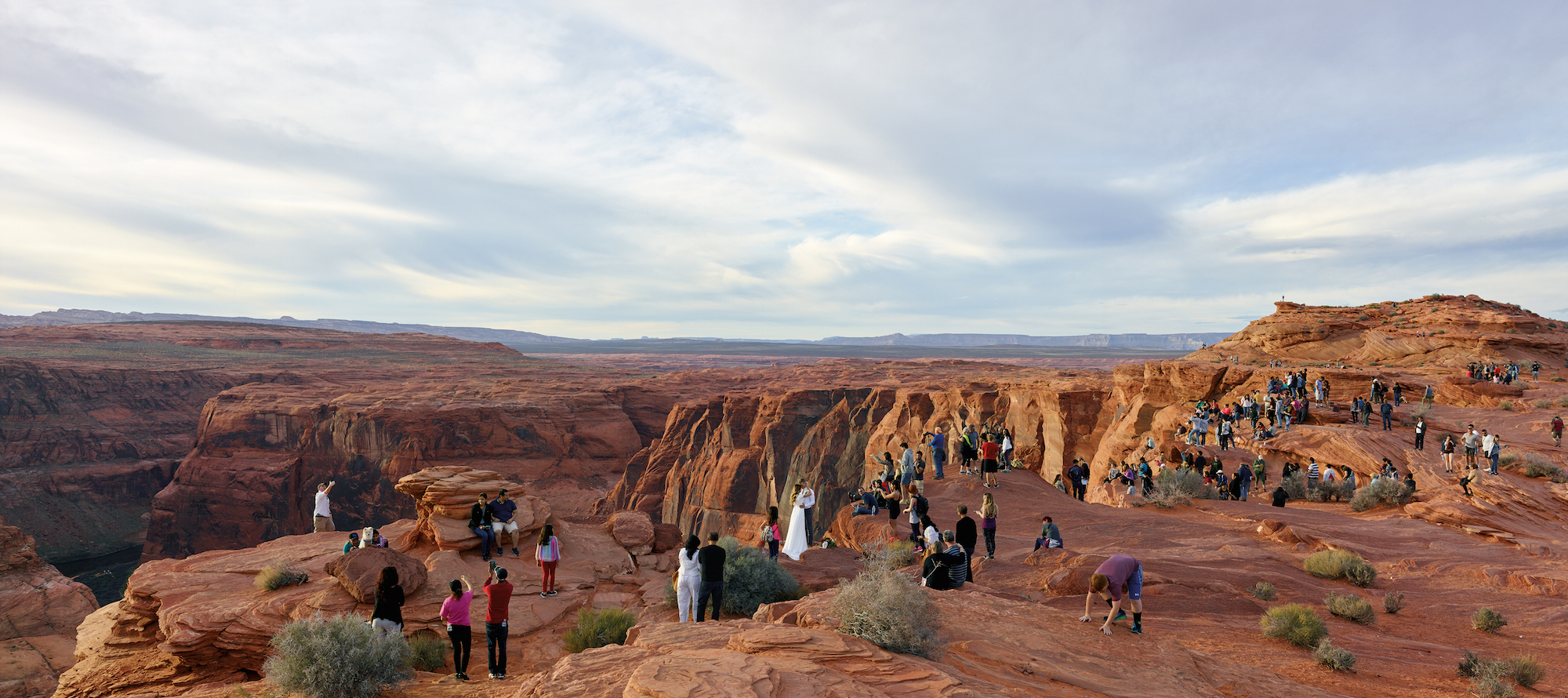
The book’s design is deliberately free of text: images either fall on one side of the open spread—with the other side plain white, allowing for a beautiful sense of rhythm—or photographs gently nudge over two pages, taking up varying levels of space. You can really take in the images like this, and the book is bravely arranged so that they’re presented neither by where they were shot, by chronology or by subject. Some images date back to 2012, while others were shot earlier this year.
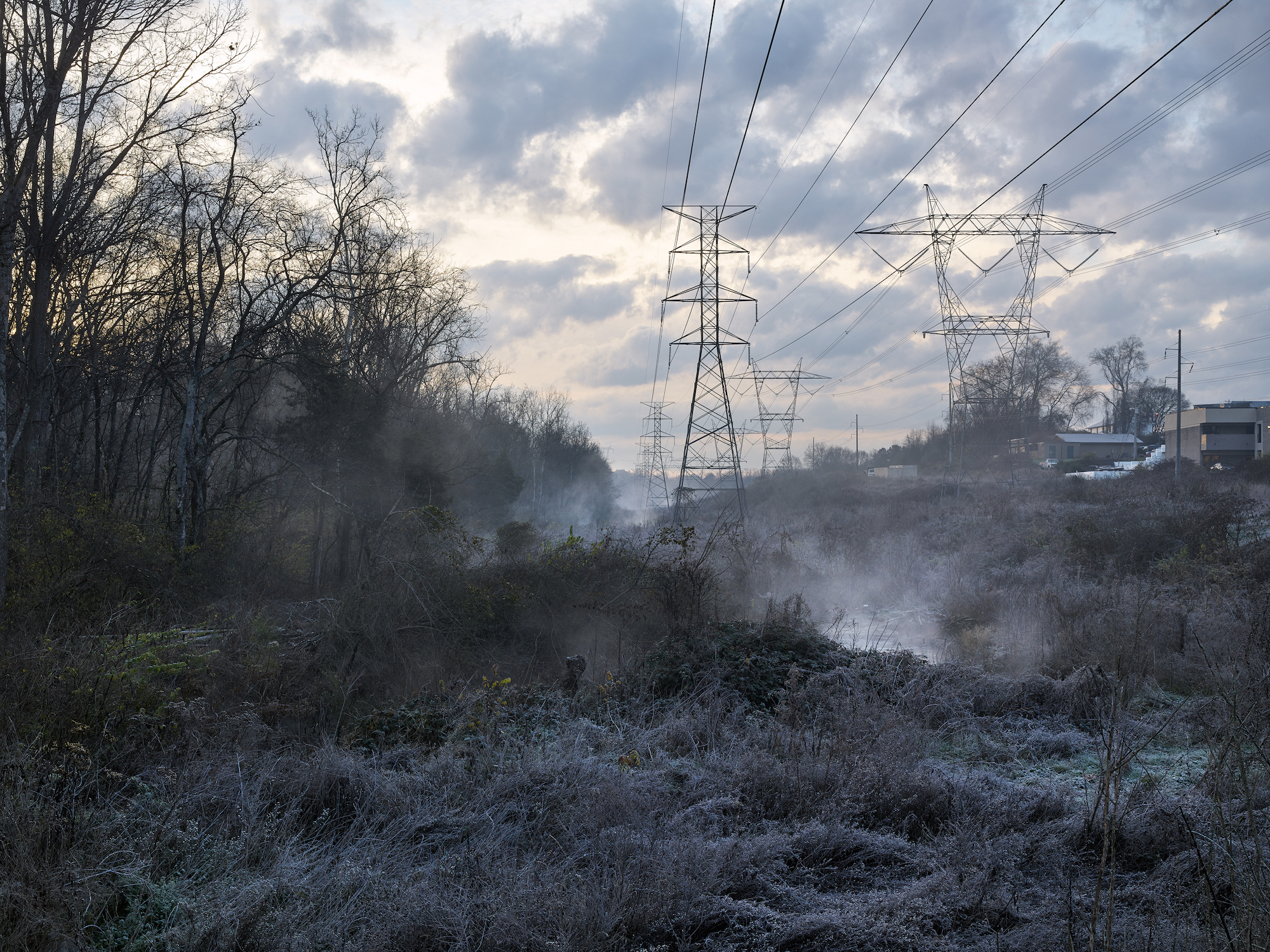
“America continues to enthral and frustrate me in equal measure,” says Power. “I’ve learned that separating projects—America in this case—into single ‘micro-subjects’ doesn’t sit comfortably with me. The world is too complicated for that. Instead, I continue to collect pictures of many subjects that seem to me to be interconnected… I might suggest that this is the easy part; making sense of what I’m doing, by editing an already overwhelming body of work into sequences that begin to speak of what I’ve seen, is more difficult.”
